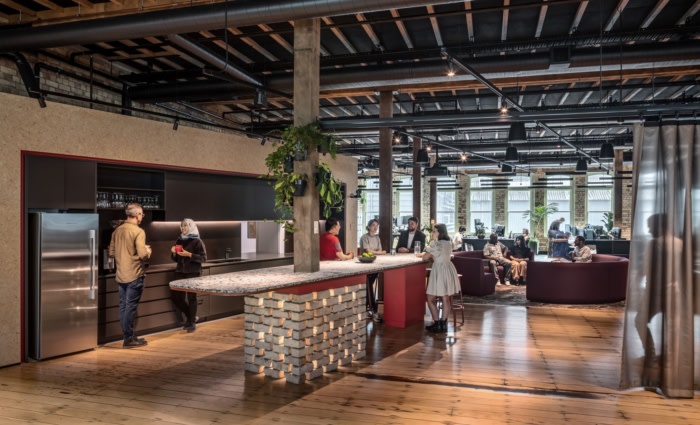
Arup Offices – Auckland
Unispace partnered with Arup to design and construct the most sustainable office in New Zealand, pushing the boundaries of both sustainable design and construction.
Unispace was engaged by Arup to deliver the most sustainable office possible for their team in Auckland, New Zealand.
Reflecting their purpose to shape a better world, Arup’s new workplace is on track to becoming the most sustainable office in New Zealand.
Global engineering firm, Arup, whose portfolio includes the Sydney Opera House, and the iconic Gherkin in London, set out with a goal to create one of the most sustainable workplaces in Aotearoa New Zealand.
Housed within a heritage building in Tāmaki Makaurau Auckland, the workplace pushes the boundaries of sustainable design and construction, targeting the most stringent sustainability accreditation, the Living Building Challenge.
The workplace has been an immense success. Post occupancy data shows average utilization is at 95% – a rate higher than pre-pandemic. To accommodate the increased demand, Arup and Unispace are working together to expand the workplace into the sub-tenancy area.
Return to the office
Designed with a hybrid workstyle in mind, employees can choose to work from traditional desks, informal collaboration spaces, mixed-sized meeting rooms and an innovation hub. Town halls and events are supported in a central cafeteria zone. The people-centric design achieves the following organizational priorities:• Diversity, equity, inclusion and belonging (DEIB)
• Spiritual connection to space
• Emotional, physical, and spiritual well-being
• Sustainable performance (materials, biophilia)A journey of co-creation
Unispace worked with Arup’s specialist sustainability engineers and local Māori tangata whenua (ancestral people) to develop the strategy, design, and construction pathways for the project.The Māori principle of kaitiakitanga (guardianship) connects strongly with the Living Building Challenge. Guiding design and construction, the project targeted minimal impacts to nature, reusing and upcycling materials to reduce waste – ultimately leaving a net positive impact on the environment and occupants’ wellbeing.
Living Building Challenge
Living Buildings are regenerative and positive, requiring a progressive and thoughtful approach to design and construction to achieve net positive carbon, water, and waste targets. It challenged Unispace and Arup to go further, setting the benchmark for corporate environments in the future.The Unispace project team achieved the following outcomes:
• 99% of waste produced was diverted from landfill
• ~90% of materials free of toxic ingredients, fostering a healthier work environment free of toxins and harmful chemicals
• 50% of materials sourced locally within New Zealand, minimizing transportation impacts and supporting local economies
• 95% of workstations located within 14m of natural light
• 100% of timber is FSC-certified
• 100% carbon neutral fit out through carbon offsetOriginal bricks from the heritage basebuild were salvaged and repurposed into a feature kitchen bench. The benchtop material alone closed the loop for over 5,000 pieces of plastic waste.
The Living Building Challenge goes beyond just reducing harm. This project has reshaped the way Unispace’s contractors work, educating and upskilling suppliers/trades to create a new best practice within the industry. Once 12-month verification is complete, Arup’s workplace will be the first interior to receive Living Building Challenge certification in New Zealand.
Unispace completed end-to-end design and construction within 10 months, with an 11-week window for construction. This is an incredible achievement for the Unispace project team given the additional complexity and diligence the Living Building Challenge requires.
Design: Unispace
Engineers: Arup
Cultural Advisors: Te Manu Taupu
Photography: Lawrence Anderson, Unispace
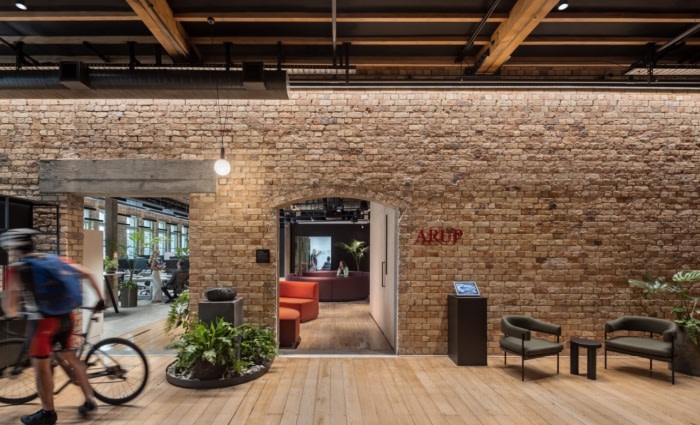
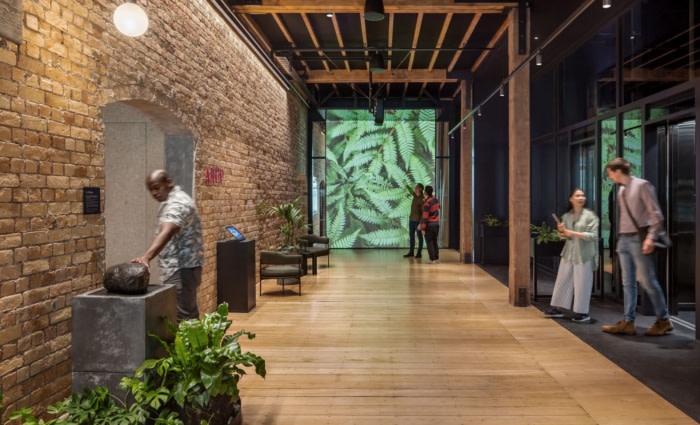
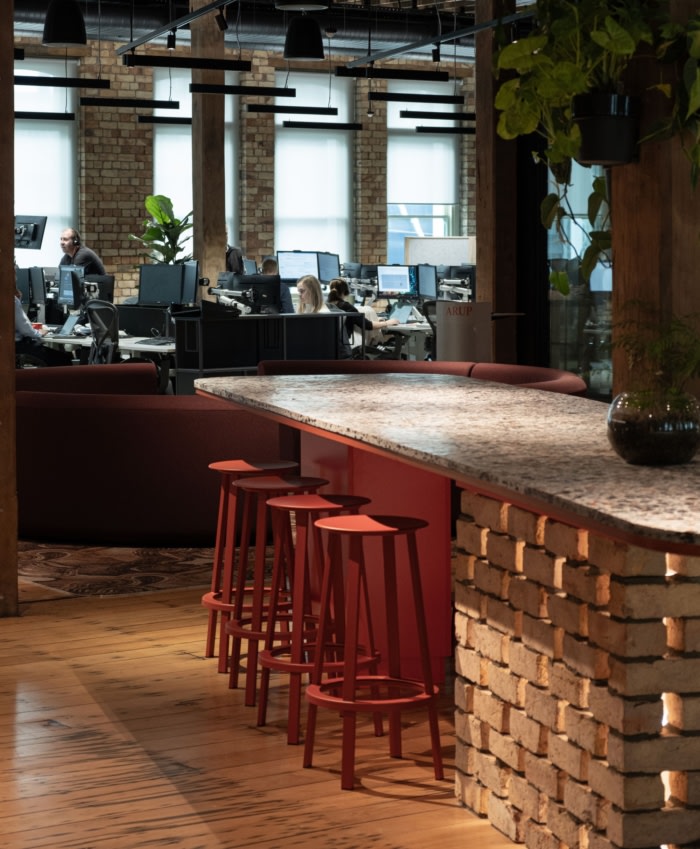
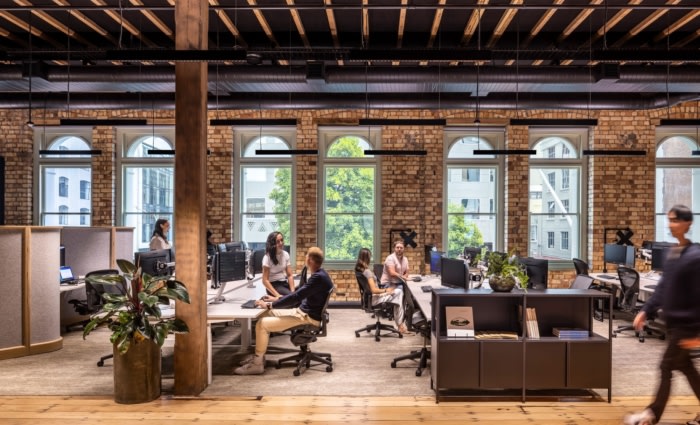
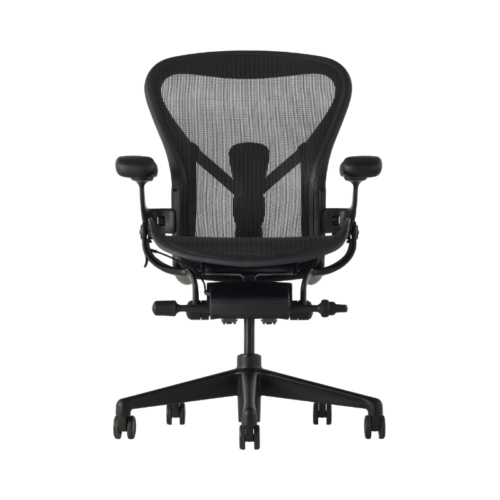
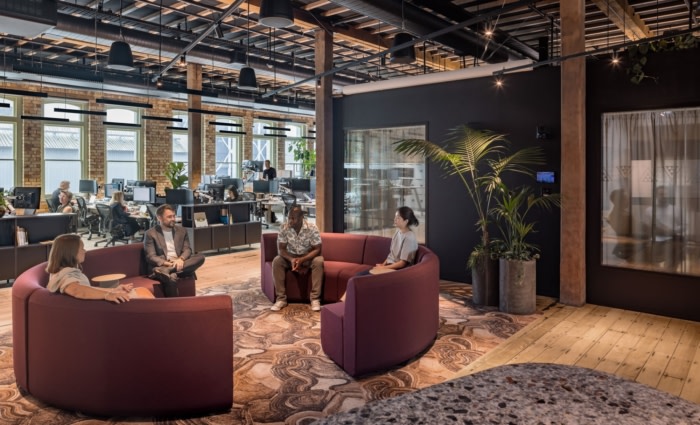
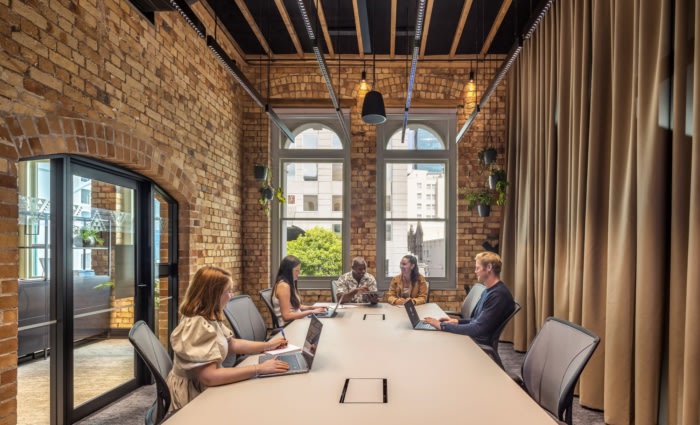
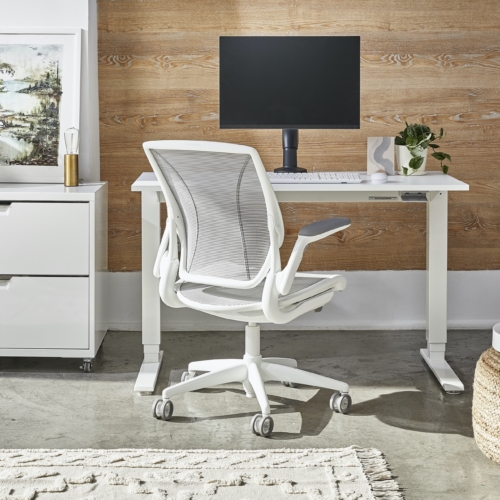
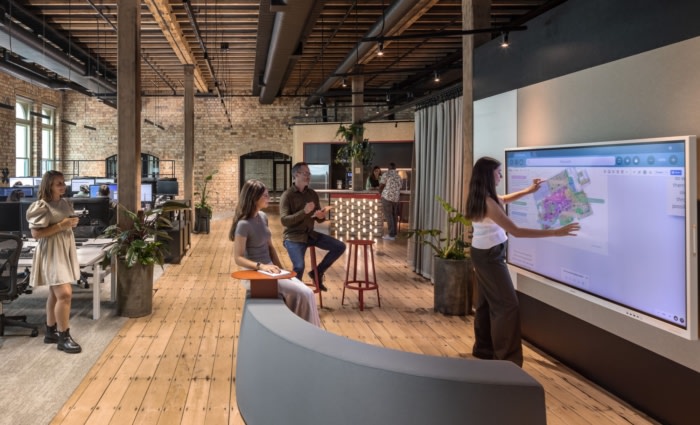
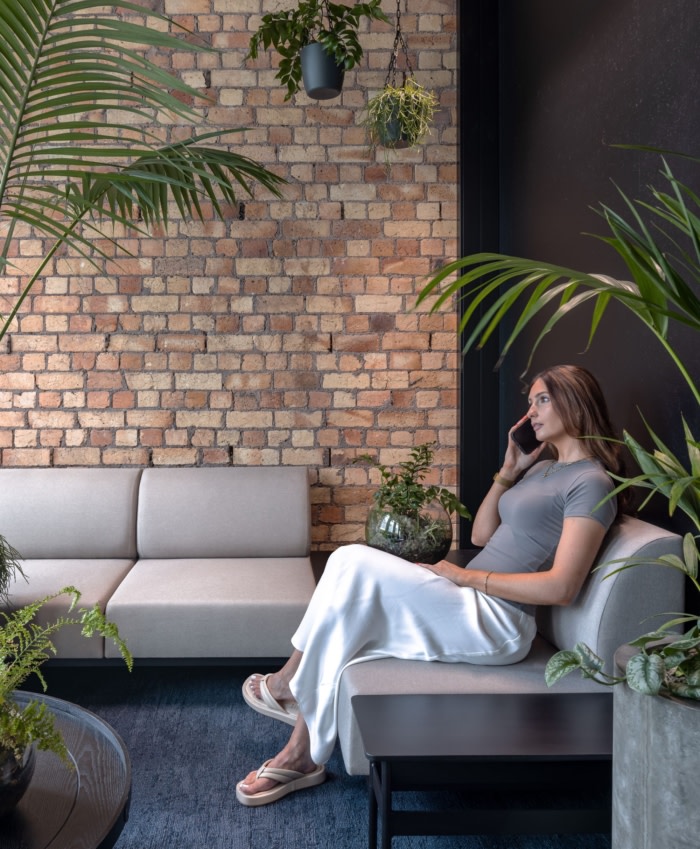
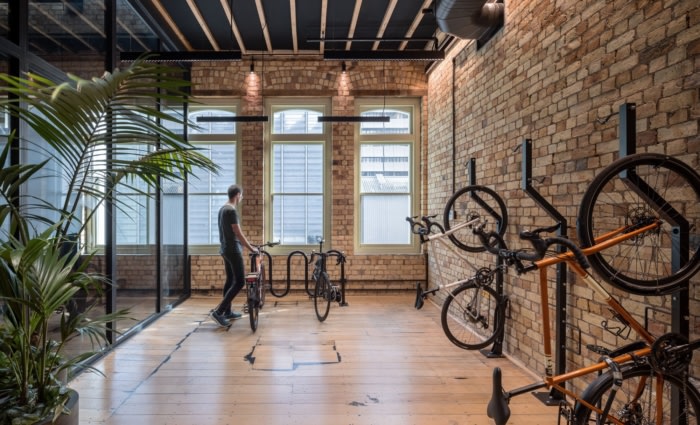

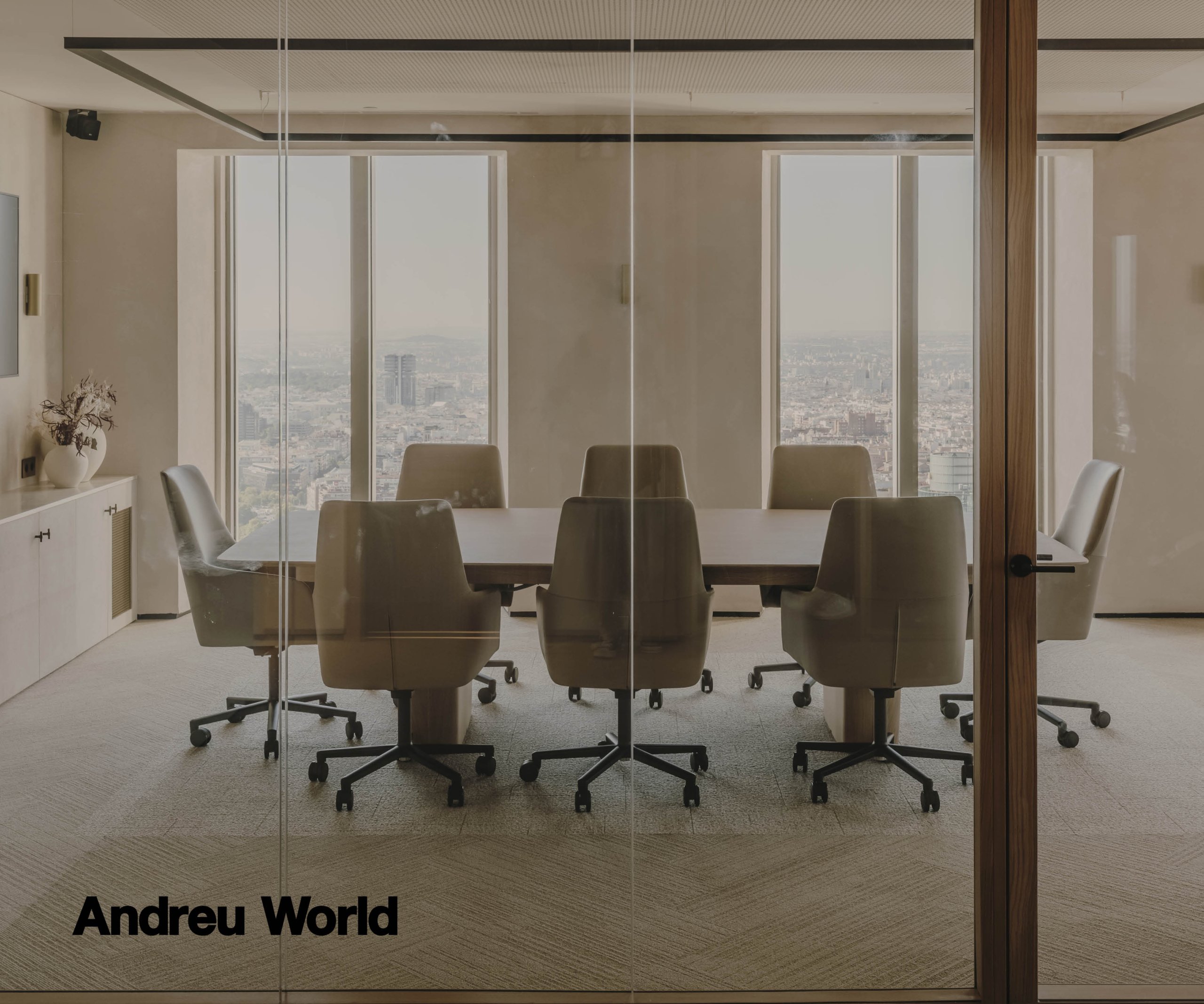
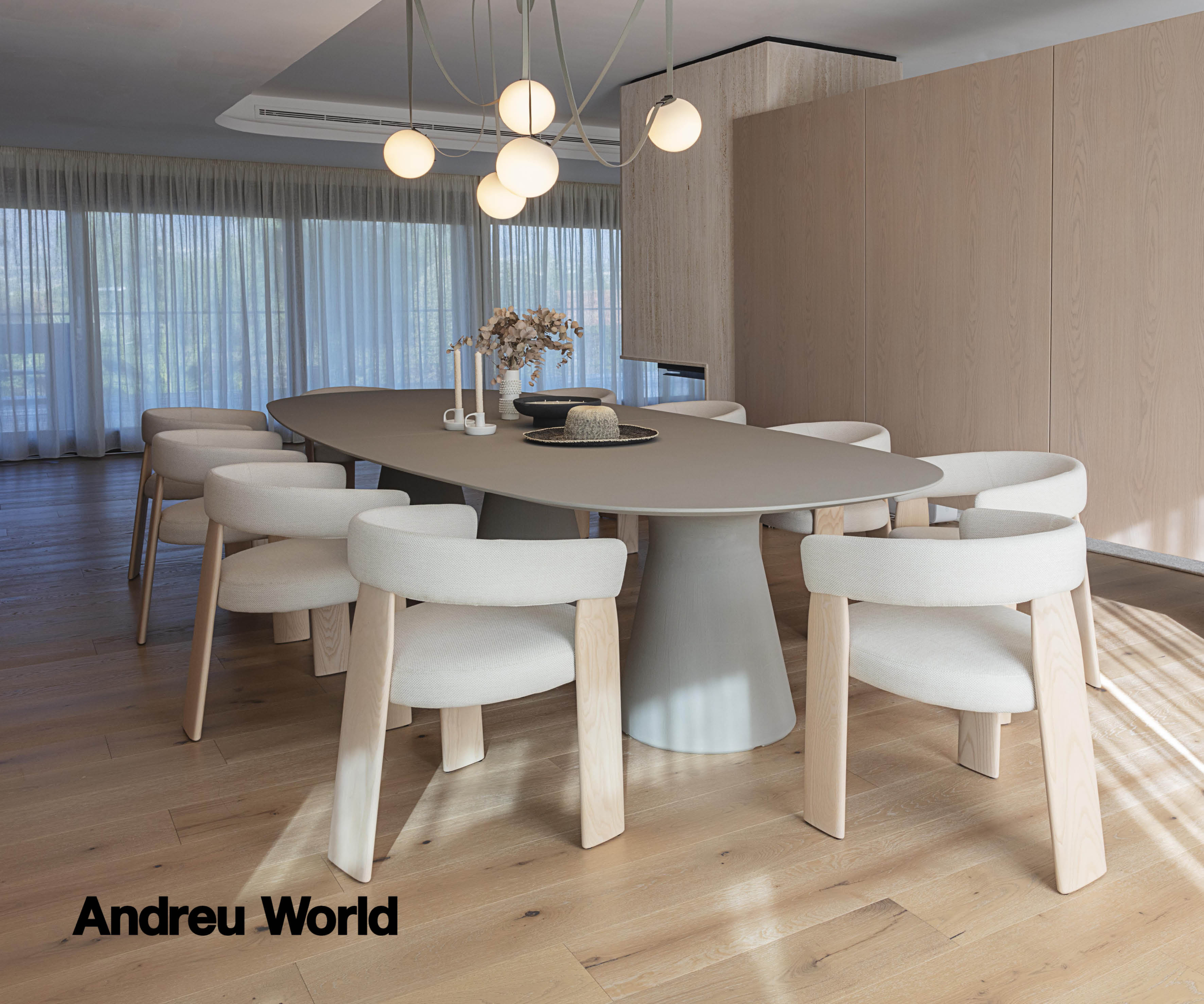


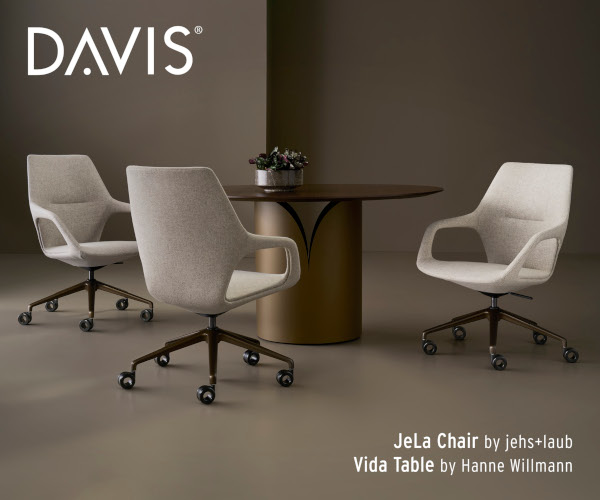

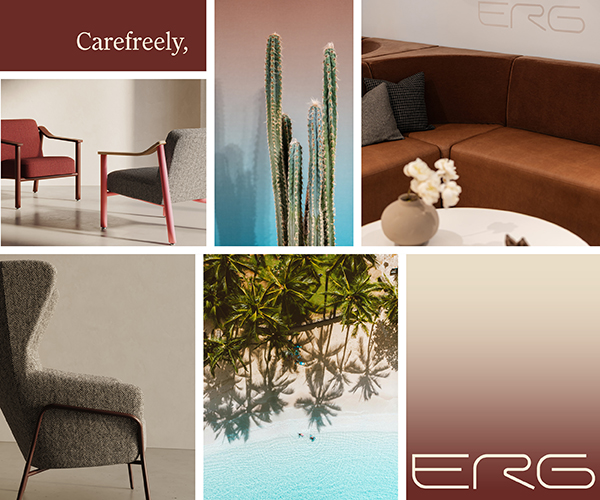



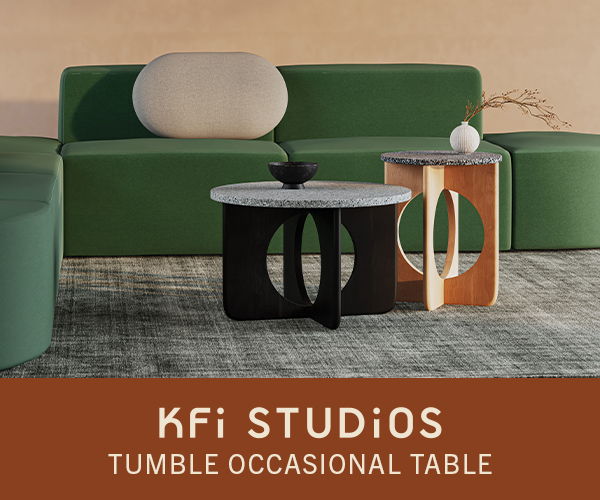
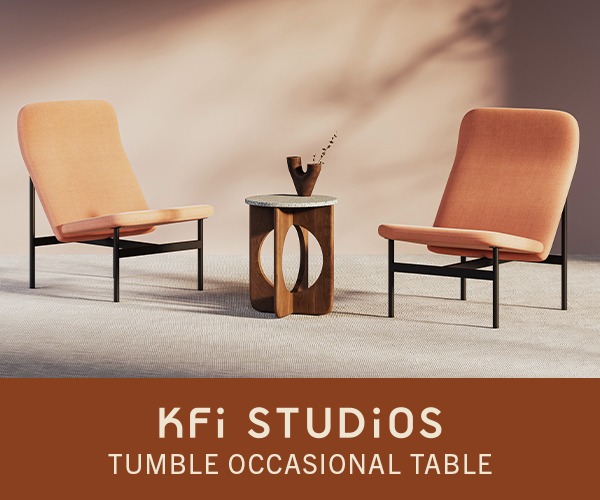
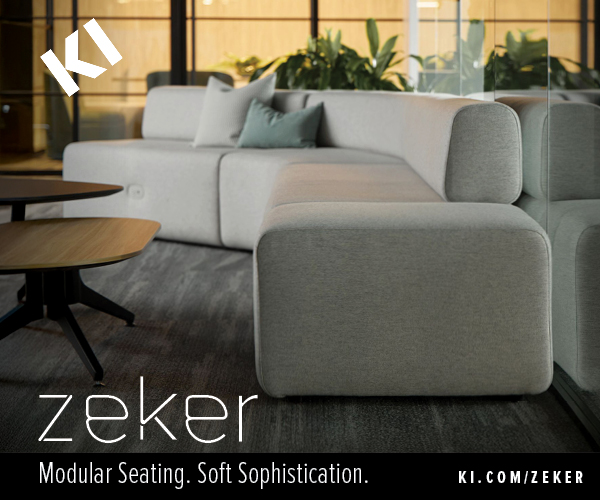


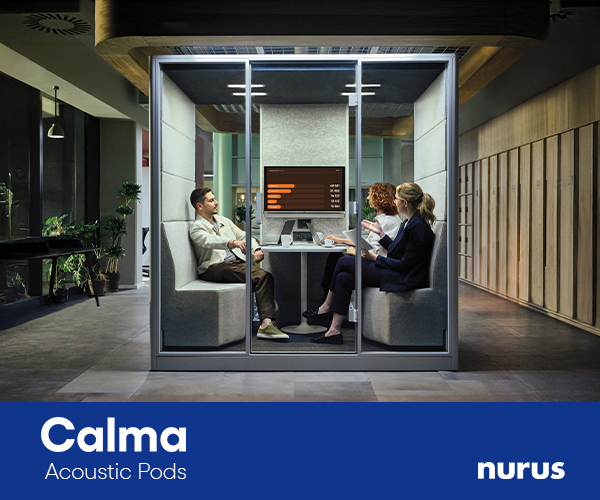

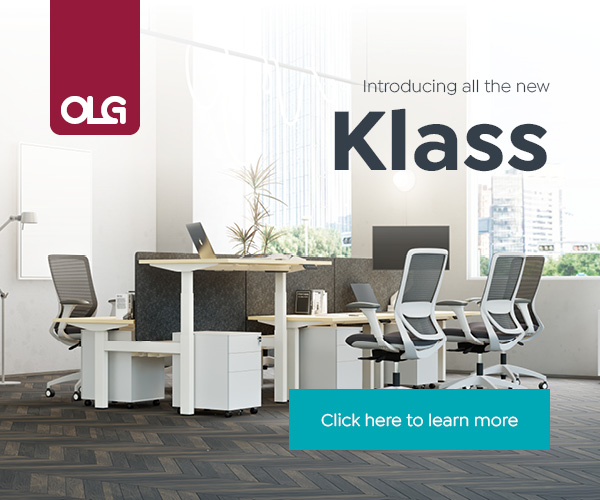


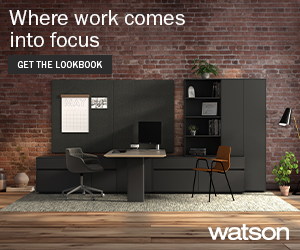
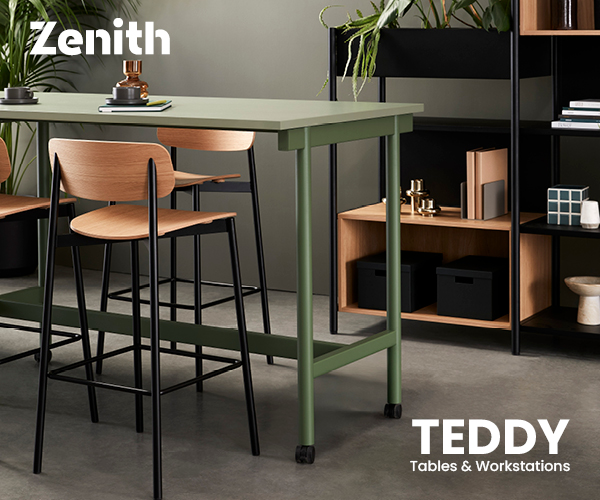
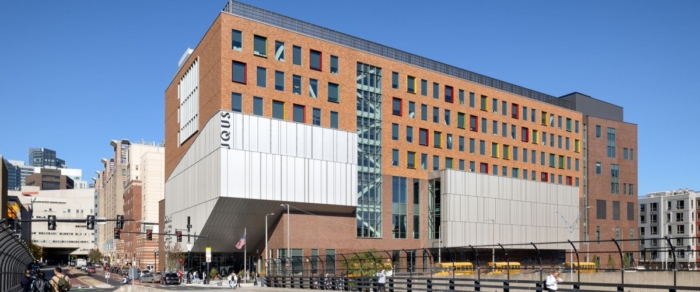
Now editing content for LinkedIn.